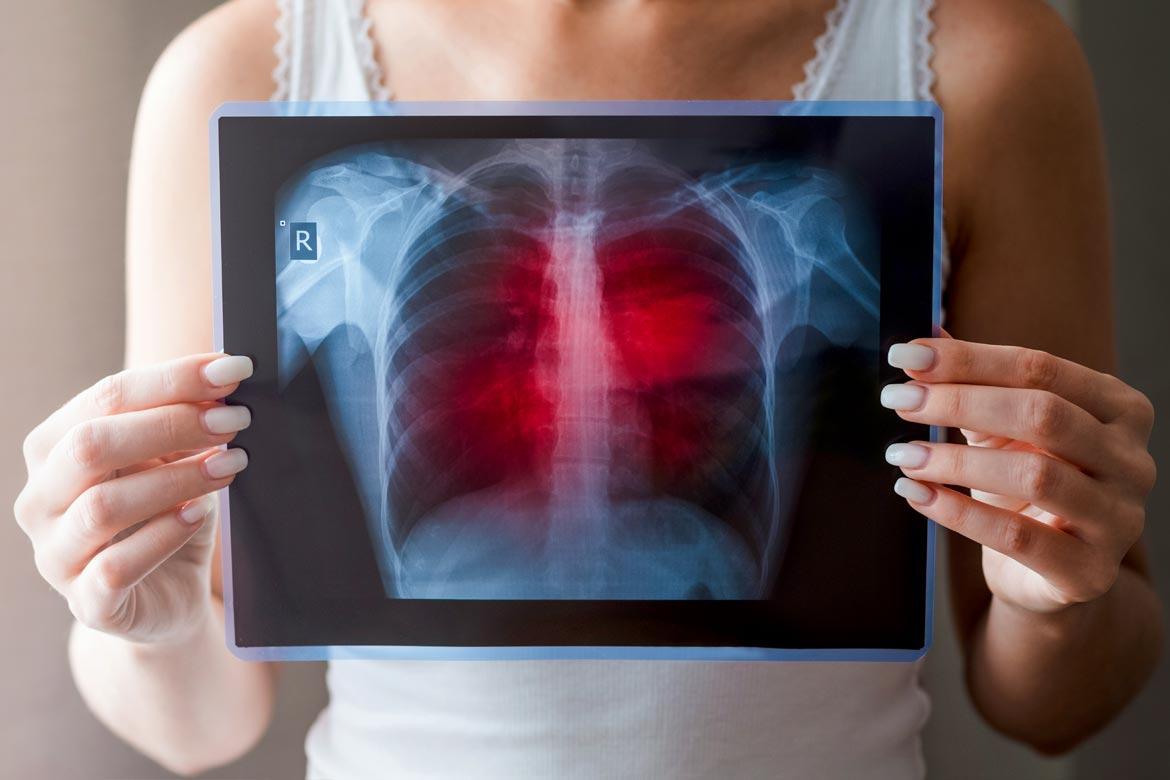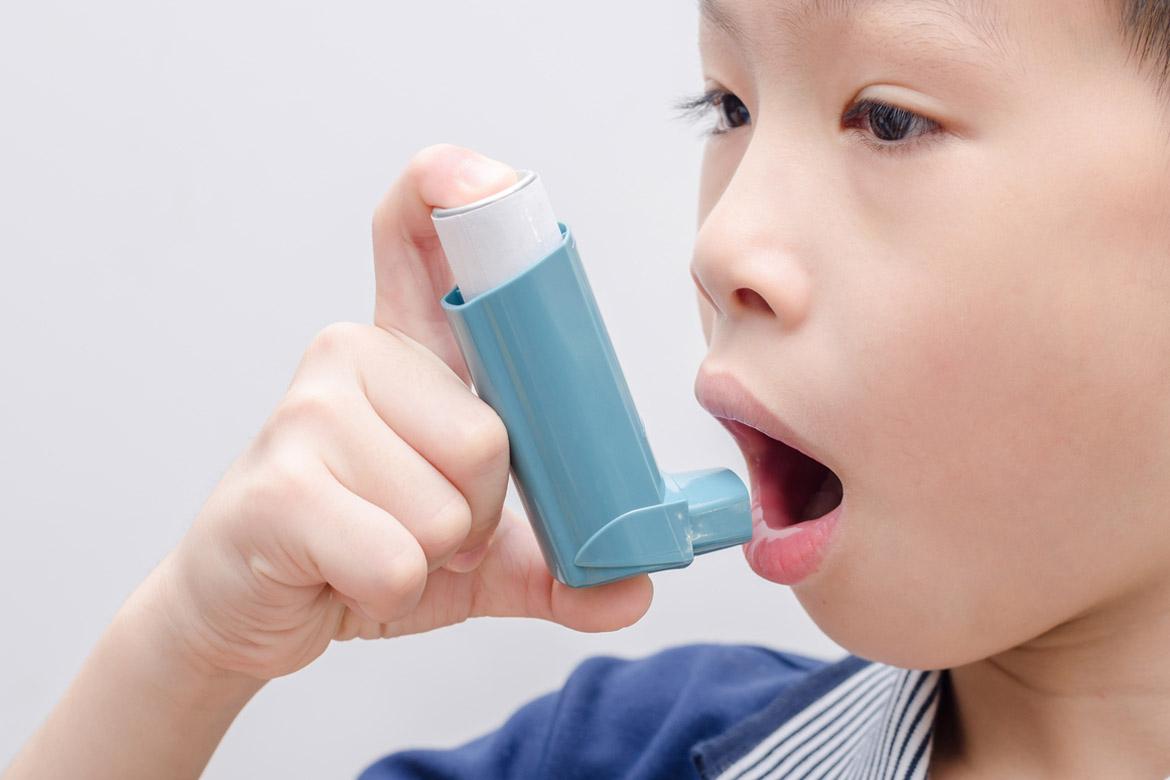What is asthma?
Asthma, or bronchial asthma, is a long-term airway inflammatory disease.
People with asthma usually have a history of on-and-off symptoms, including wheezing, shortness of breath, chest tightness and cough.
According to the global data in 2019, asthma has affected 262 million people worldwide.
Types of asthma
Many different mechanisms can cause asthma. Classification is based on clinical patterns, such as demographic characteristics, clinical presentations and disease processes. The most common types of asthma include:
- Allergic asthma. It usually starts in childhood, associated with a past medical history or family history of other allergic diseases such as eczema, allergic rhinitis and food or drug allergy.
- Adult- or late-onset asthma. Some people, especially women, can develop asthma in adulthood despite having no allergy.
- Childhood asthma. Asthma is the top chronic disease in kids. Asthmatic kids often have recurrent wheezing episodes, although not all wheezing suggests asthma– viral-induced wheezing is common among children.
- Occupational asthma. Asthma can be induced or deteriorated by allergens in the workplace. Therefore, taking a break from work may improve the symptoms significantly.
What are the symptoms of asthma?
Some distinct characteristics of asthma include having more than one symptom of wheezing, shortness of breath, cough or chest tightness.
These symptoms may:
- Worsen at night or early morning
- Change over time with different intensity
- Be triggered by common colds, exercise, allergens, weather changes, laughter or irritants (strong smells, smokes or fumes)
When to visit the Urgent Care Centre (UCC)?
If you have asthma, you should be provided with a customised asthma action plan (AAP). This is a guide on asthma control, and will contain information on when to seek medical attention.
If you experience the following, it is advisable to visit the nearest UCC or call an ambulance:
- You require reliever medication every 4 hours
- You have difficulty in walking or talking
- You have an increase in breathlessness, wheezing or chest tightness despite adequate rescue medications
What happens during asthma?
During an asthma attack, the muscle around the airway contract, tissues are swollen, and massive mucus is secreted due to the inflammatory process. All these changes lead to a narrow airway and cause symptoms of wheezing and breathlessness.
Triggers of asthma vary across individuals. They can generally be viral infections, allergens (pollens, dust), food allergies, air pollutants, cold weather, poor medication adherence, exercise and mental stress.
What are the risk factors for asthma?
There is no definite answer to why certain people develop asthma. However, there are some factors linked to a higher risk of having an asthma diagnosis:
- Family members with asthma, especially first-degree relatives (parent and siblings)
- Other allergic conditions, such as skin eczema and rhinitis
- Childhood or infancy events that affect the lungs, including low birth weight, prematurity, and respiratory infections
- Exposure to environmental irritants such as air pollutants, house dust mites, moulds, and chemicals
- Being overweight or obese
How do you prevent an asthma attack?
Once an asthma attack happens, another episode usually follows in a year. Nevertheless, there are steps you can take to reduce this risk:
- Follow your AAP and take your medication regularly.
- Avoid exposing yourself to potential triggers.
- Have regular asthma control reviews with your healthcare providers.
- Use your inhaler with the correct technique.
For mothers who wish to lower their children's risk of getting asthma, here are several effective ways:
- Avoid exposure to tobacco smoke during pregnancy and your baby's first year of life
- Choose vaginal delivery instead of a caesarean section
- Breastfeed your baby to boost their immune system
- Do not give antibiotics to your baby less than a year old unless prescribed by a doctor










